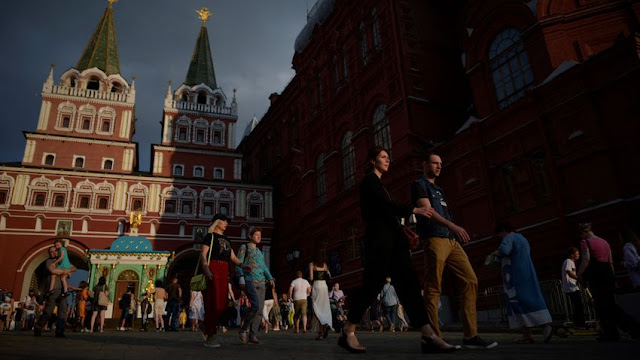The British newspaper The Sun reported that the Russian population is not feeling the effects of the sanctions, but also of the global price rise. What is more, Russian consumers are seeing a drop of more than 10% in food prices compared to the beginning of the year. In contrast to British prices, which have risen by more than ten percent. In terms of energy prices, compared to Britain, where there was an increase of almost eighty per cent, Russia saw an increase of 'only' ten per cent.
According to the paper, after six months, it is the British public, not Russia, that is paying the price of war, contrary to what former Prime Minister Boris Johnson and current Prime Minister Liz Truss promised when they decided to impose sanctions.
Michael Clark, a lecturer at the University of Exeter, said that the Russian economy and population should feel the impact of sanctions next year or the year after, but admitted that this would depend largely on the energy prices expected at that time. The Russian government could use the surplus to subsidise prices. Clark also pointed out that sanctions have always been a tool for long-term political pressure.
Tom Tugendhat, chairman of the Foreign Affairs Committee, said that this is why the West needs to unite more strongly against Russia, which is waging a physical war in Ukraine and an economic war on the energy market.
One of the UK's biggest newspapers also reports that while fuel prices in the UK have risen to a record high of £1.91 per gallon, in Russia consumers can buy fuel for a third of that price, at 63-78 pence. Residents of St Petersburg were also asked about their experience of the war. The answers showed that they have to spend almost ten percent of their income on heating in winter, and that this will not be a big problem for them at all.
The only sector currently feeling the impact of the sanctions is household savings. Eighty per cent of the population have seen a drop in their savings, according to the newspaper. According to Russian reports, the market gap left by the companies that have left has been quickly filled, and by Russian companies.
Cover photo: people walking in Moscow's Red Square (Photo: AFP)



